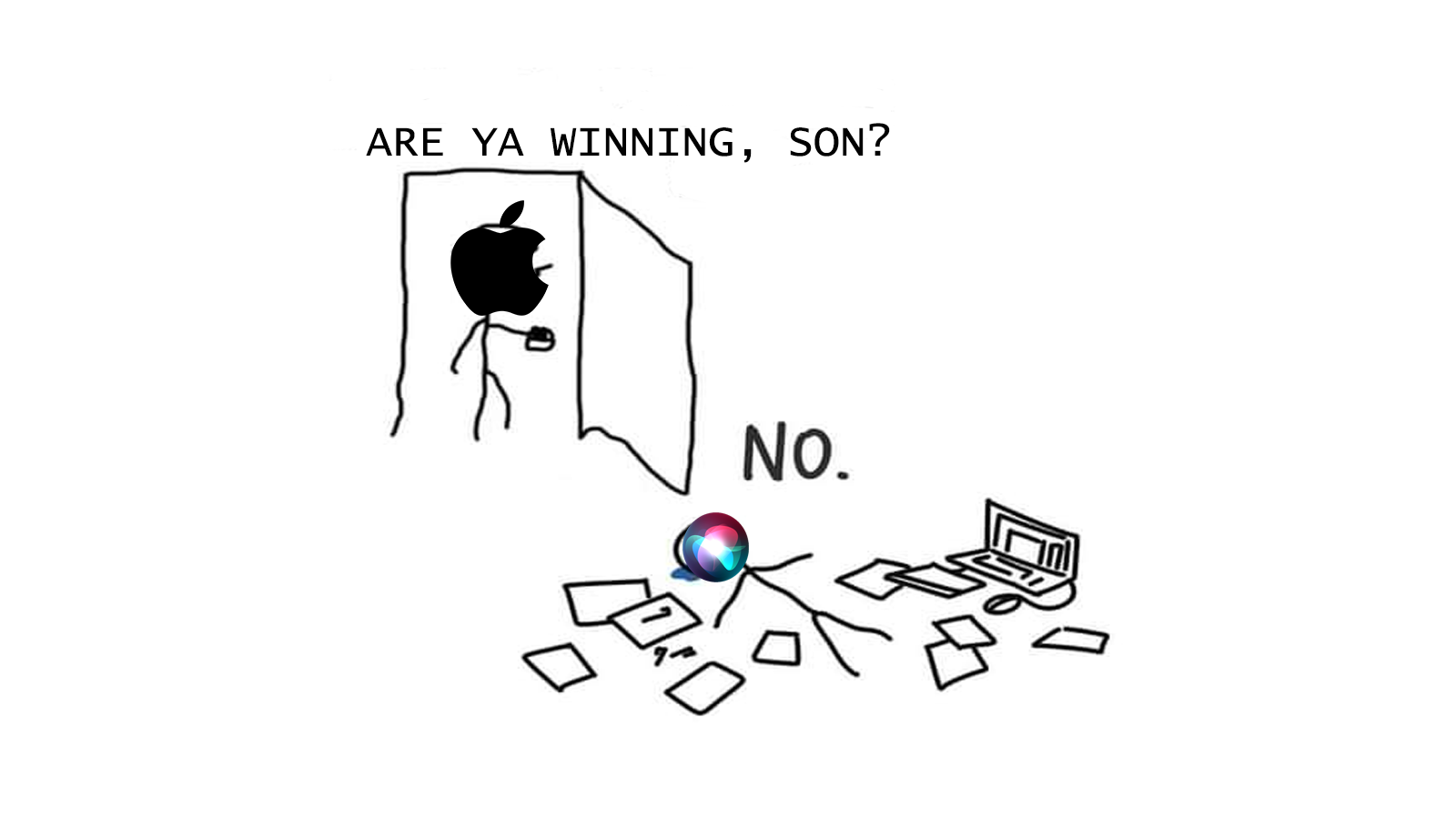Speed running has long been a pursuit undertaken by gamers, but in more recent times we’ve seen some more left-field speedruns, and here’s another one: a super-quick installation of Windows 10.
Yes, you read that right, the challenge of installing the Microsoft operating system as fast as possible was taken on by NTDev, who is the developer of the lightweight version of Windows 10 known as Tiny10 (and its sibling version for Windows 11, named Tiny11 as you might guess).
NTDev managed to install their own version of Windows 10, meaning Tiny10, in just over 100 seconds, so not far off a minute and a half.
Pretty impressive? Yes, but there is a caveat, and it’s not a tiny one: the Tiny10 version used was an old and further modified installer which was optimized with speed running in mind.
In fact, the attempt was made using a Tiny10 install based on Windows 10 1809, which is the October 2018 Update.
Analysis: Rules of the game?
To be fair, a working version of Windows 10 was still installed – well, we assume – and the caveat of it being an old Tiny10 build, further tinkered with and streamlined to set up at lightning speed, isn’t really a criticism as such. Depending on how you look at things, anyway…
After all, a speed run which was just the standard install process, based on how fast you could click, would be deadly dull and pointless, of course. For us, the hacking away at the OS to run faster in setup is the speed running, in the same way that, for example, bouncing off walls or strafe running and so on is for gamers (and often finding weird glitches to exploit in one way or another).
As long as the Windows version that’s up and running actually functions, the speed run should count in our books. But, if we’re going to get serious for a moment, this does bring up complicated questions about what could be legitimately cut out, and what features must remain, if you wanted to standardize OS speed running rules in some way.
The other (perhaps simpler, but less fun arguably) route to go would be having a standard installation mandated, with no tweaking, so the skill would be in the hardware setup. However, even then, there would need to be rules on what setups and components were fair game. (Naturally NTDev tells us they were using the fastest storage and RAM they could get their hands on).
At any rate, this is an entertaining feat to watch, especially given that a typical Windows installation will probably eat around half an hour of your life (and most definitely isn’t something you’d want to watch). All that’s missing here, frankly, is a ‘Ride of the Valkyries’ soundtrack which surely should have been the choice of background music (not the feeble electronic beat supplied).
There’s also a recent Windows 11 speedrun from NTDev which is completed in a somewhat longer, but still impressive, three minutes (see above).
How long does it take you to install Windows 11? For us, it’s two-and-a-third years and counting (sorry Microsoft, couldn’t resist).
Via Tom's Hardware



